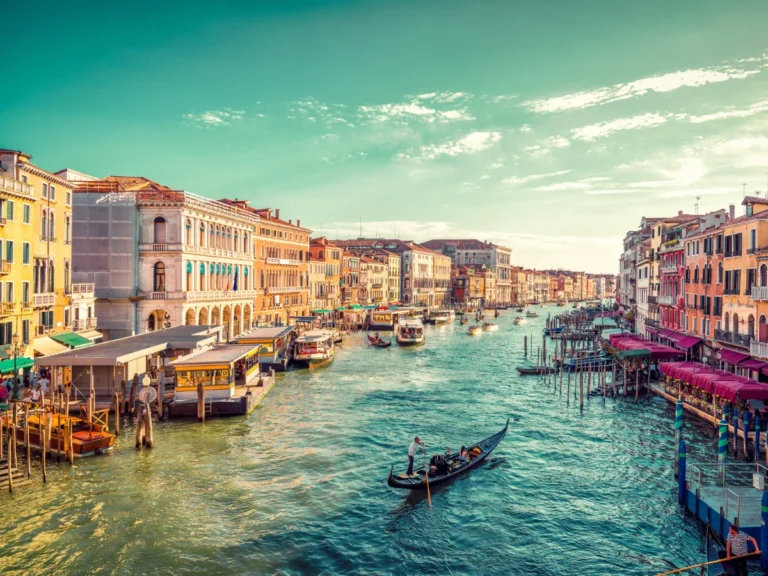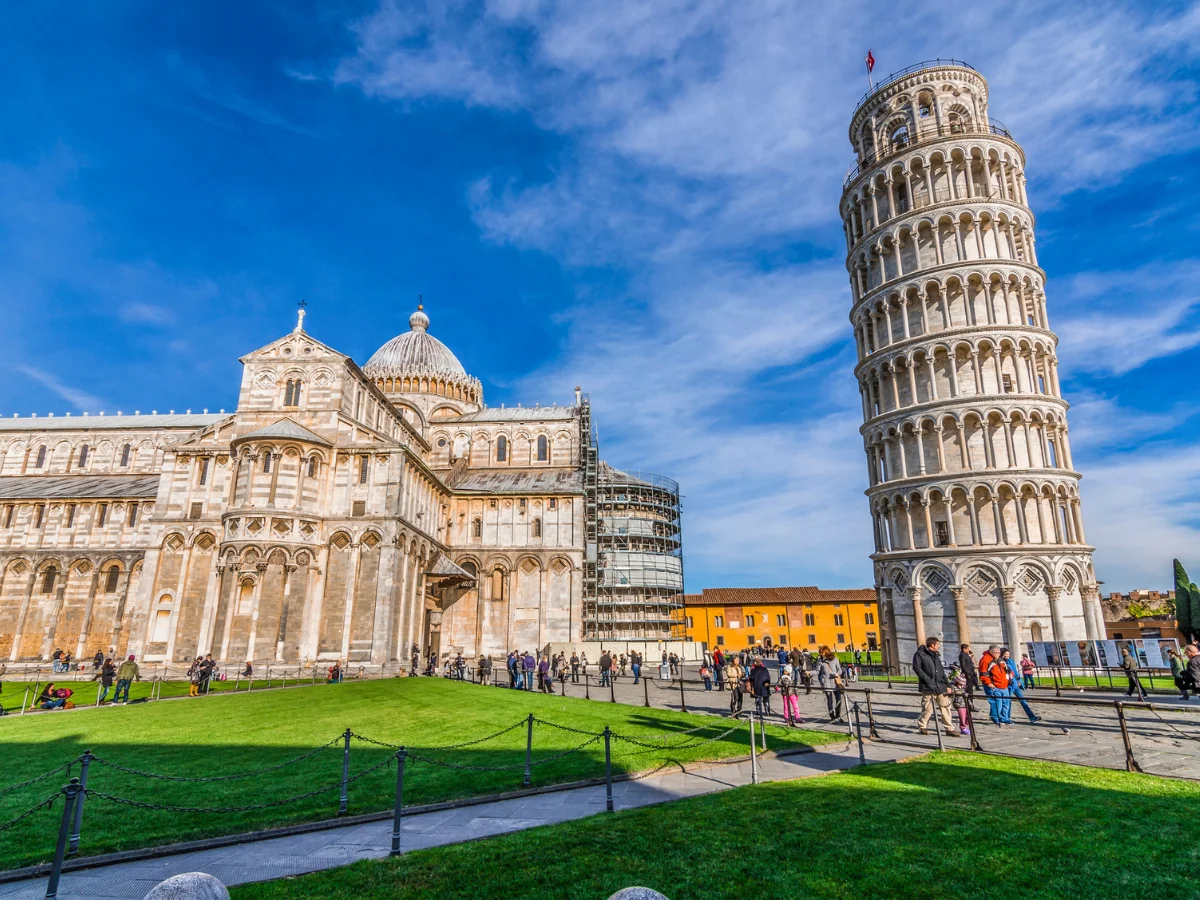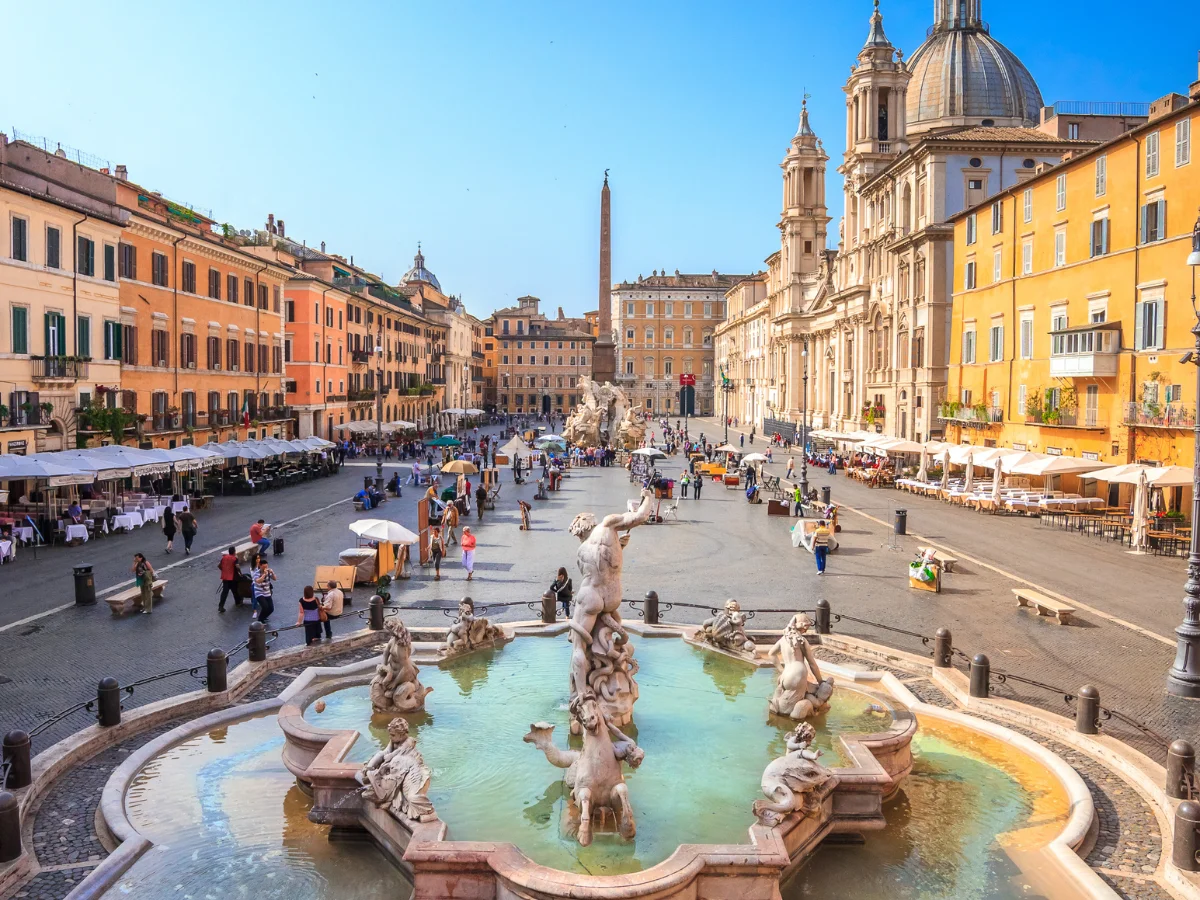Vespasian rose to power in the Year of the Four Emperors
Vespasian rose to power in the Year of the Four Emperors. Known for his integrity and competence, Vespasian restored fiscal stability, initiated tax reforms, and sponsored public works projects. His military victories in Judea and Britain expanded Roman territory. Vespasian’s patronage of the arts flourished, leaving a cultural legacy exemplified by the Colosseum. His dynasty continued with his sons Titus and Domitian. Vespasian’s death in 79 AD marked the end of a prosperous reign, solidifying his status as one of Rome’s greatest emperors, shaping the empire’s course for generations.

Emperor Vespasian rose to power in the Year of the Four Emperors
Titus Flavius Vespasianus, commonly known as Vespasian, was born in 9 AD to a humble family in Italy. He began his career as a military commander, serving in various campaigns across the Roman Empire, including Britain and Judea and he commanded profound respect.
Rise to Power
After the tumultuous Year of the Four Emperors, Vespasian emerged as a stabilizing force. Proclaimed emperor by his troops in Judea in 69 AD, he swiftly gained support and legitimacy. Vespasian’s reputation for competence and integrity bolstered his rule.
Reforms and Governance
Vespasian’s reign was marked by pragmatic reforms and efficient governance and his reign marked a period of stability. He restored fiscal stability to the empire, implementing tax reforms and reducing extravagant spending. Vespasian also initiated public works projects to improve infrastructure and stimulate economic growth.
Military Victories and Expansion
Under Vespasian’s leadership, the Roman Empire experienced military success and expansion. He quelled the Jewish Revolt, capturing Jerusalem and destroying the Second Temple in 70 AD. Vespasian also launched campaigns in Britain, consolidating Roman control over the province.
Cultural Patronage and Legacy
Vespasian was a patron of the arts and architecture, sponsoring the construction of iconic landmarks like the Colosseum in Rome. His reign saw a flourishing of Roman culture, with poets like Martial and historians like Tacitus thriving under his patronage. Vespasian’s legacy as a reformer and builder endures as a testament to his vision and leadership.
Family and Succession
Vespasian’s family played a prominent role in Roman politics. His sons Titus and Domitian both served as emperors after him, continuing his legacy of stability and expansion. Despite challenges and opposition, Vespasian’s dynasty would rule Rome for nearly a century.
Death and Aftermath
Vespasian died in 79 AD, leaving behind a stable and prosperous empire. His reign is remembered as a period of renewal and consolidation after the chaos of the Year of the Four Emperors. Vespasian’s pragmatic reforms and military successes laid the foundation for the Flavian dynasty and shaped the course of Roman history.
Conclusion
Emperor Vespasian’s reign marked a period of stability and renewal in the Roman Empire. His pragmatic reforms, military victories, and cultural patronage solidified his legacy as one of Rome’s greatest emperors. Vespasian’s leadership exemplified the virtues of competence, integrity, and foresight, leaving an indelible mark on the history of the Roman Empire.



